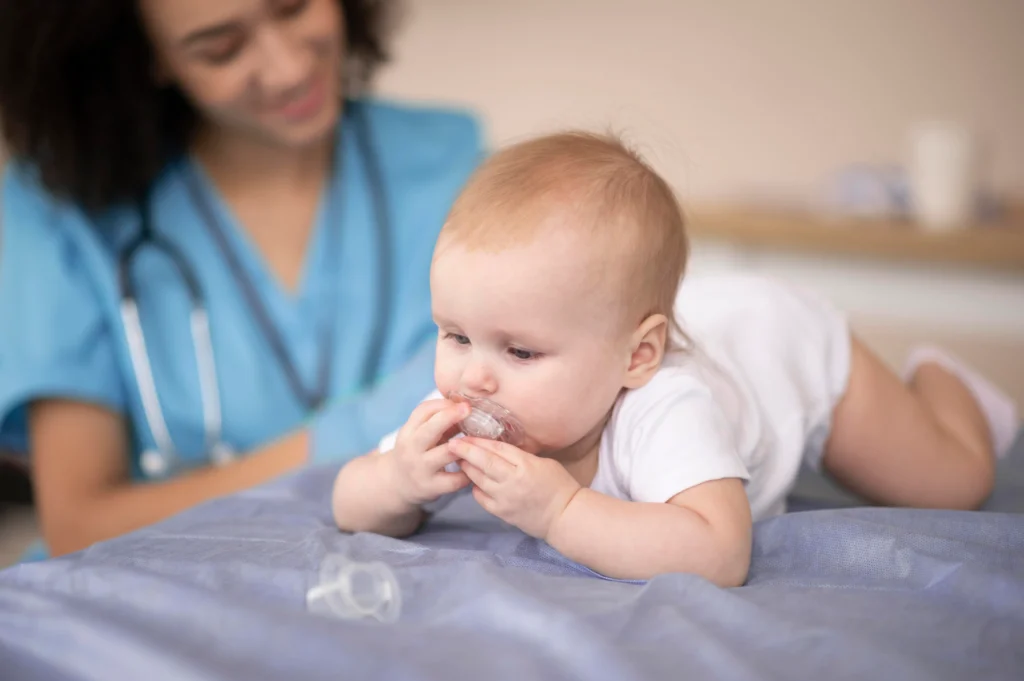Pneumonia
Home / Pediatrician / Pneumonia
What is Pneumonia
Pneumonia is a severe respiratory infection that affects the lungs, causing inflammation in the air sacs (alveoli). These air sacs may fill with fluid or pus, leading to symptoms such as cough, fever, chills, and difficulty breathing. Understanding the nature, causes, symptoms, and treatment of pneumonia is crucial for effective management and recovery. Here, Dr. Rohan Raut provides a comprehensive overview of pneumonia.

What is Pneumonia?
Pneumonia is an infection that inflames the air sacs in one or both lungs. It can be caused by various pathogens, including bacteria, viruses, and fungi. The infection can range from mild to life-threatening, making early diagnosis and treatment essential.
Causes of Pneumonia
Bacterial Pneumonia
Bacterial pneumonia is often caused by the bacterium Streptococcus pneumoniae. Other bacteria, such as Haemophilus influenzae and Legionella pneumophila, can also cause pneumonia.
Viral Pneumonia
Viruses, including influenza, respiratory syncytial virus (RSV), and COVID-19, can lead to viral pneumonia. This type of pneumonia is more common in children and the elderly.
Fungal Pneumonia
Fungal pneumonia is less common and usually affects individuals with weakened immune systems. Fungi such as Pneumocystis jirovecii, Histoplasma, and Coccidioides can cause this type of pneumonia.



